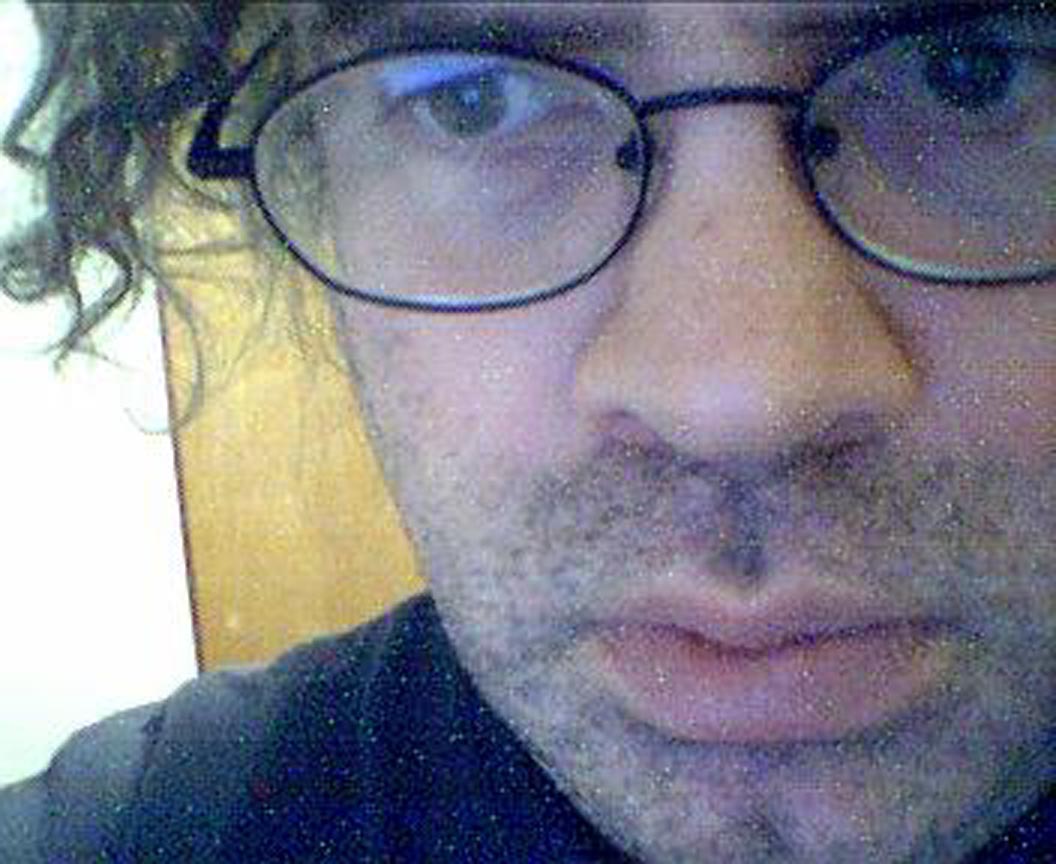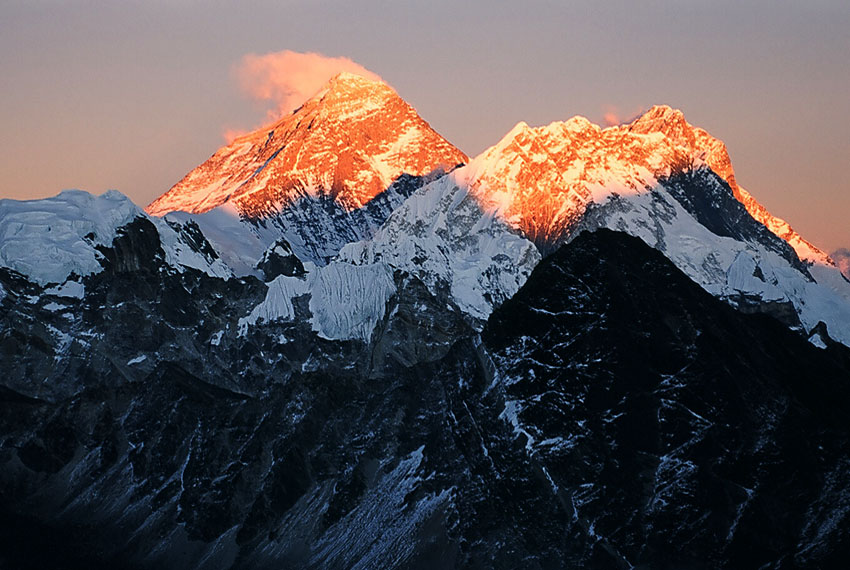| « Lies Are More Honest than Truth | First Annual Welcome to Rockville Festival Sizzles in Jacksonville » |
A Trumpet Player in Kathmandu (The Runner, Part 4 of 4)
The UP is one of the poorest of the Indian provinces, so there was, and is still, great need for the Gandhian Ashrams. The majority of India’s population is rural, made up of villages, with a scattering of huge sprawling cities. The heart of India is the village, and self-sufficiency from the bottom, from the family and community level, is what is needed. Swadeshi is the antithesis of big business, and the only hope for a healthy, sane, village-based India. And I went from India to Nepal, in the midst of the Nepalese Civil War, carrying those feelings of independence and freedom I had learned in the Ashram.
In the climate of Nepalese unrest, Joe Townsend set me up with a job teaching English in The Language Institute on the same corner where the marchers began. He found us a shared apartment in the same complex of buildings with the Wednesday night jam sessions and I ended up paying all the rent. I had no idea of the politics when I began teaching and I taught English by analyzing contemporary music lyrics, particularly “Talking about a Revolution“ by Tracy Chapman and “Cult of Personality” by Living Color, two extreme protest songs. I had a lot of young law students in my class, students who were, I was to learn, marchers in the protests.
The teaching room of The Language Institute had a panel window that looked over the corner where the marchers started to gather. While I waited for my student I watched three police on the corner. One demonstrated the proper way to beat civilians, miming the actions and the others sat on the corner laughing. All the teachers had been given ID badges. We were advised by the school to wear them at all times. My student came in and he put a piece of foolscap on the table in front of me.
“I have just made this speech in Nepalese,” he told me, “And I would like you to correct my English.”
The paper said: “We, the people of Nepal, demand the King of Nepal step down and establish a multi-party Democracy. We demand the freedom of the political prisoners…”
I looked at the police in the street below.
“If those people down there knew what we had we had up here, it wouldn’t be good for us.”
He shook his head. What could I do? I corrected his English, making red marks and notes on the paper. We talked about the best way to say certain things. In the end I handed the paper back to him.
“When you get that home I want you to copy it out and destroy the copy with my handwriting on it.”
He nodded and left.
*
Joe Townsend waited for me in the supervisor’s office. He cradled his trumpet and looked down on the street. The situation was becoming tense. People were gathering in small groups. The police were no longer sitting on the curb. Lines were forming. Protest is all about making a statement.
“They are firebombing the tourist buses,” Joe told me, “The embassies are advising tourists to leave Kathmandu. Is your visa paid up?”
I nodded.
“So you should go. Take the bus through the mountains. Stay in the border town overnight. It’s the easiest way. You can be in New Delhi in three days.”
“And you?”
He laughed sadly but didn’t take his eyes off the street below. “I have nowhere to go. We all make choices. I made mine a long time ago, and there is no statute of limitations on the things I have done.”
*
The next day Joe saw me off at the bus station, trumpet in hand.
Joe never told me what had happened that kept him in Nepal, but I heard later in a debarkation lounge on the way to the Czech Republic from someone who had claimed to have heard the story from someone else. It had been the sixties and he had been playing in a small band in L.A., and there had been a party and some drugs and someone had gone crazy and someone had died. Someone Joe loved. And Joe had taken the next hippie train to Kathmandu and disappeared. Joe hadn’t even been his name then, I am told, so I don’t know what is truth or what is fiction, after so many years.
I got on the bus and took a seat at the back of the windowless, rickety old bus so I could say goodbye to Joe. He smiled and waved as the bus left, and then, as he always did when he was alone, he put the trumpet to his lips and played. He played Taps.
The End



